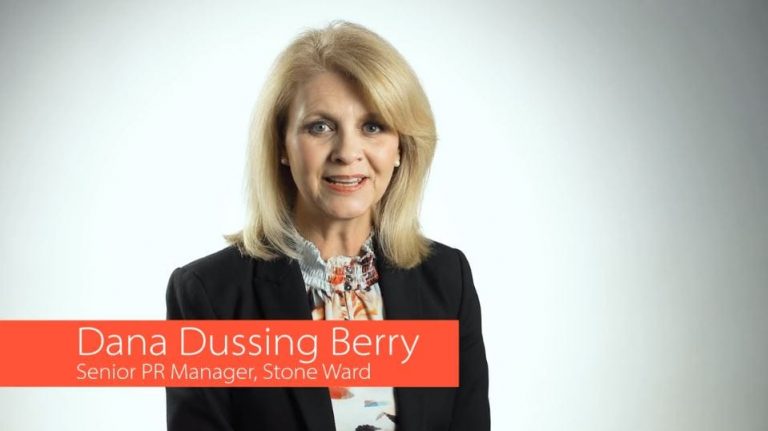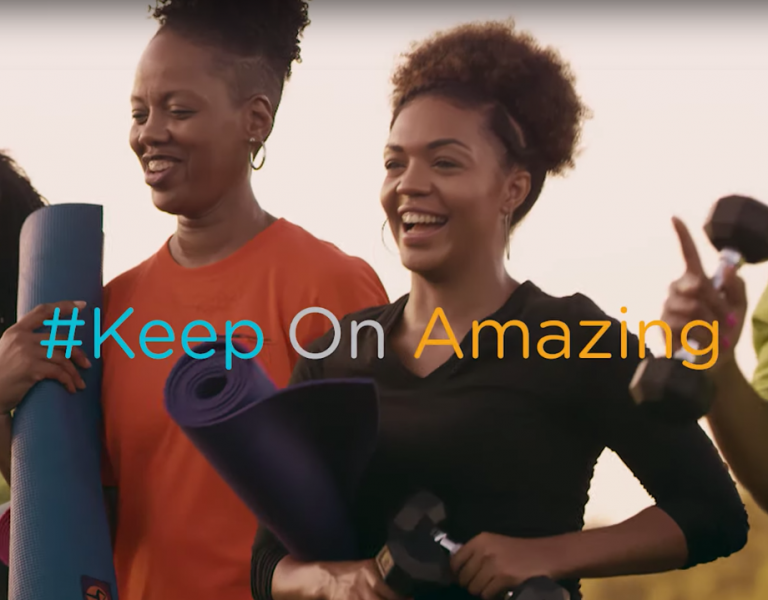We’ve all seen them: horrible media interviews that make you cringe inside. Rob Ford. Chip Wilson. Ryan Lochte. Guido Barilla. Bill Cosby. See the trend? All cringe-worthy on-camera interviews in which key messages were either ignored or not carefully thought through.
The fact of the matter is, good media training can help you power through even the most challenging interviews, live or otherwise. Here are some quick tips for telling your brand’s story:
- Develop key messages and stick to them. Practice them before the interview. Each should reflect your core business objectives. Tie interview questions back to these key messages and reiterate your mission. Journalists, especially broadcast journalists, frequently work with sound bites and if you’ve adequately rehearsed key messages, chances are higher that those bites will be chosen.
- When applicable, use relevant metrics and statistics to validate your key messages to help illustrate the need your brand is here to address. If you can tie them back to a specific, real-life example or story, even better.
- Acknowledge that beyond key messages, other interview talking points will and should vary by outlet and story angle. Prepare accordingly and develop answers beforehand to expected questions, especially tough ones. This one could have particularly helped Ford and Cosby. The challenging issues facing each of their interviews were known beforehand and appropriate responses could have been carefully crafted (and practiced). This tip is especially true during a crisis, where a brand’s reputation is on the line and vulnerable to poorly rehearsed answers to tough questions.
- It’s okay if you don’t know the answer. Tell them so. It is better to say “We are still discussing that matter,” or “let me get back to you on that” than to provide an impromptu, incorrect answer that might be quoted later on. To this end, there is almost never an appropriate time to use the answer, “no comment.” If a difficult question is not one you’ve previously prepared for (see above), use an alternative such as “I’m unable to talk about that,” or “that’s not what I’m here to discuss.”






